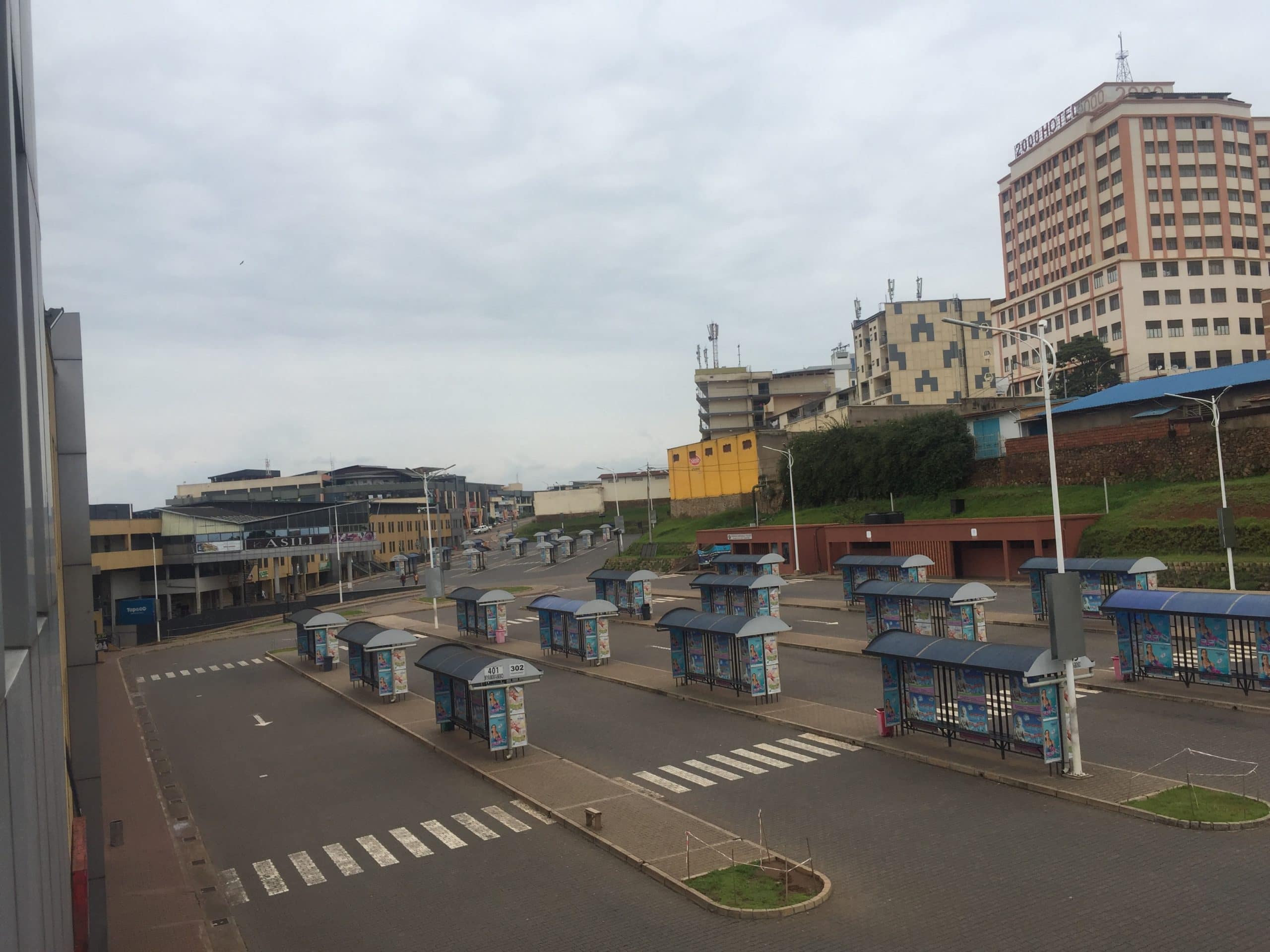Rwanda is easing lockdown restrictions from May 4. The recovered Covid-19 patients so far commend the country’s rapid response and the emotional care they received from the frontline health workers.
“Everyone around me was afraid except me,” recalls 23-year-old Eloi Mugabe about that moment when he was taken to get tested for Covid-19 symptoms, at the Kanombe Military Hospital in Rwanda’s capital Kigali.
Mugabe’s illness started on Day 10 of lockdown in Rwanda when he felt feverish and cold. He had traveled abroad in February, long before the first Covid-19 case was confirmed in Rwanda. But as days went by, his symptoms persisted. He was coughing and even as he self-isolated, his condition worsened as he started to experience breathing issues. He was transferred to Kanyinya Health Centre, one of the three treatment centers set up in Kigali for Covid-19 patients.
For Mugabe, who graduated from the University of Rwanda last year, 2020 was going to be the year when he would debut his business and set up his own music studio.
His initial reaction to the virus was not fear but denial – he was confused as to how he may have contracted it.
Loading...
“My mother was shocked but was strong and praying for me and it really helped me,” he recalls. What frightened him, however, were the messages he received from friends and family as soon as they learned he had tested positive. “I don’t know if anybody can handle that.”
At the treatment center, he says people were welcoming and the amenities on offer boosted his morale.
“From testing to treatment, books and internet, we were getting everything for free. I reflected about that and said to myself, ‘I’m proud to be having this in my country’. You looked at everything and realized that the government was really prepared to deal with it,” he says.

A music enthusiast, Mugabe says he never felt lonely during the 18 days he spent at the center as the internet access enabled him to listen to his favorite songs and interact with friends and relatives.
For two days, he had a bad fever and chest pain; he was subsequently discharged on April 14 after more tests declared him virus-free.
He says the worst thing about the virus is cutting all human interaction.
“We grew up being hugged by our mums, playing and shaking hands with friends without fear and that’s something I missed the most.”
Mugabe is one of the 120 (out of a total of 255 positive cases) who have recovered from the virus in Rwanda as of May 2.
A 36-year-old man who spoke to FORBES AFRICA on condition of anonymity also overcame the deadly virus. He tested positive a day after the first case was confirmed in Rwanda and says there was too much stigma about it at the time in the country. He experienced fatigue and fever and subsequently lost appetite and his sense of smell when he arrived in Rwanda. He suspects to have been infected at the airports in either Los Angeles or Doha where he transited. He was also taken to the Kanyinya treatment center where he spent 20 days before being discharged. One of the things he remembers while at the center was the emotional care he received.
“There was so much support from doctors, telling you it’s going to be okay and that was extremely motivating,” he recalls.
His wife and a brother also tested positive but have also since been discharged. He believes contact-tracing and the rapid response have been crucial for Rwanda’s success at curbing the virus so far. He also commends the people’s willingness to cooperate with health officials.
“The goodwill to say ‘let me go to the hospital and not put other people at risk’ is a critical factor,” he says.
Misinformation has been a worrying issue during this pandemic and he says people who recovered from the virus can play a critical role in dispelling that.
Rwanda confirmed its first case on March 14 and a few days later, the government moved to impose what became Africa’s first total lockdown, closing borders, prohibiting gatherings and unnecessary movements while allowing only essential services to go on.
Acting early meant Rwanda avoided a scenario where patients were turned away because hospitals were overwhelmed.
Dr Menelas Nkeshimana, who’s leading the case management sub-cell at Rwanda’s joint task force for Covid-19, says: “One of the strategies that made this possible is applying what we know is working and applying it early.”
“The doctors checked on me like five times a day telling us ‘this is something we can beat’ and that puts you in a positive mood,” adds the Covid-19 survivor Mugabe.
Rwanda is aiming for a step-by-step phased reopening after the lockdown.
Dr Sabin Nsanzimana, the Director General of the Rwanda Biomedical Centre, says vigilance must be maintained. “This pandemic continues to surprise many countries and we should adapt our interventions accordingly,” he says.
“It requires everyone’s collaboration. We have seen a few incidents of people refusing to comply with restriction measures and that can slow us down,” says Nkeshimana.
The government has made face masks mandatory and authorized a number of local factories to manufacture them in addition to other personal protective equipment.
– Steven Muvunyi
Loading...
